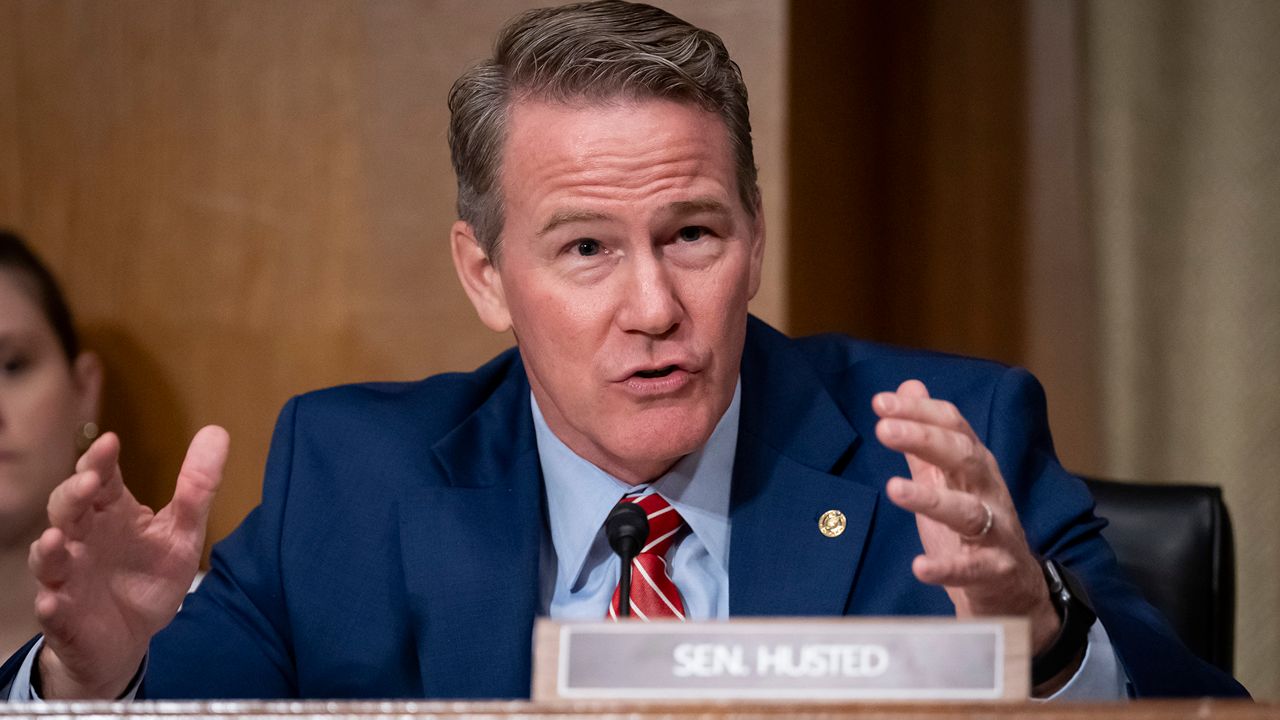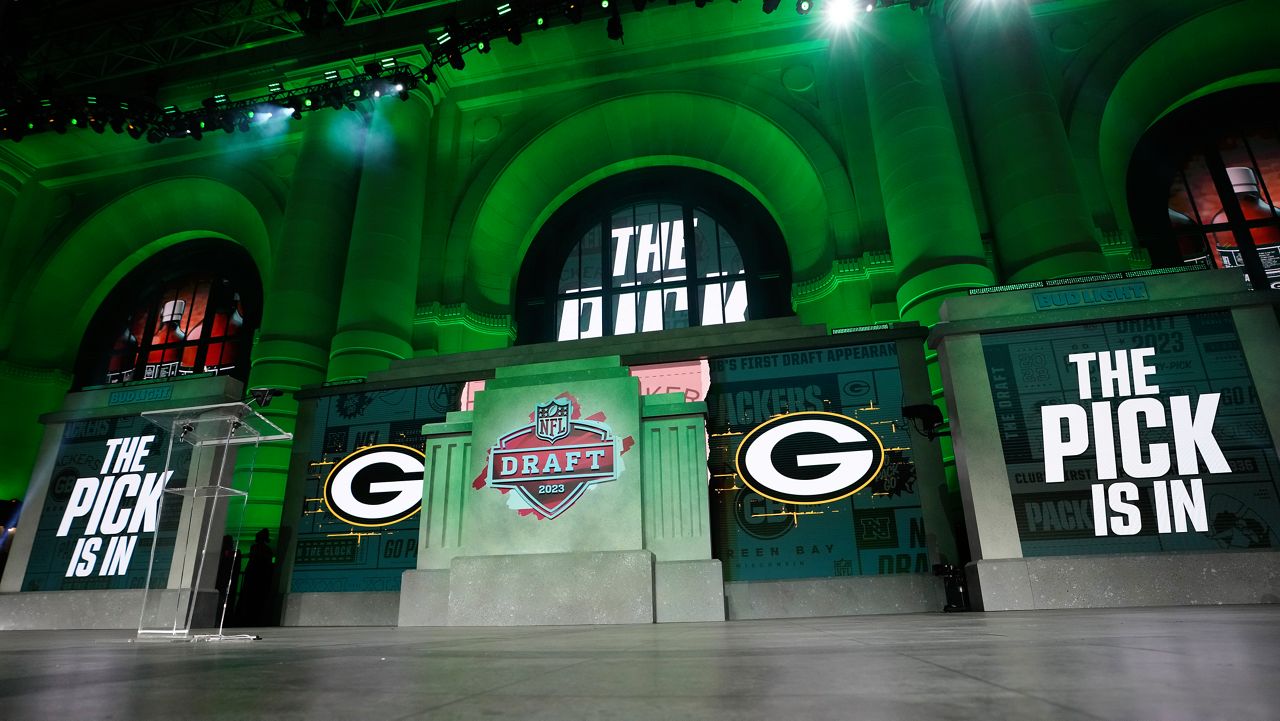CLEVELAND — In a historic move, President Donald Trump signed an executive order placing tariffs on dozens of countries that send goods to the United States.
It’s a move that has shaken the stock market with uncertainty.
On Wednesday, President Trump announced the new import tariffs or taxes on dozens of countries. They’re at least 10%. Some countries will also have reciprocal tariffs, or tariffs meant to match a country’s tax on goods brought in from the U.S.
“Narrative around this is that if these tariffs are being placed on, our countries that are, leveling higher tariffs against our exports to them, that this might be a point then to, feel some pain between the two countries and then start to renegotiate, the tariff levels down,” said Greg Harmon, an assistant professor of banking and finance at Case Western Reserve University.
Harmon has been working in this industry for several years. He’s only heard of something like this happening once nearly a century ago.
“This is what happened in the 1930s with the tariff retaliation reduction act that led to the environment that we’ve been in up until this week,” said Harmon.
Some tariffs like those on China are as high as 54%. The tariffs had a huge impact on the stock market on Thursday. Putting investors in a selling position to get rid of their stock.
“If people are feeling good, generally speaking about things, the stock market tends to go up on a day-to-day basis,” said Michael Moskal, director of investments at MGO Investment Advisors. “When they start getting scared about things, then they sell.”
Michael Moskal Director of Investments at MGO Investment Advisors says big events can prompt selling, like a pandemic or 9/11. This time around it was the tariffs but Moskal said the market has been steadily going down for the last month and it’s down about 10% for the year.
“Right now is to watch very carefully with the economy.” Said Moskal. “Because if people start not feeling good about their account values and retirement plans, they tend to start wanting to save more money and not spend it.”
Retirement plans like IRAs and 401k’s are often heavily invested in the stock market. Moskal said the drop Thursday had several people calling their office worried and scared about their life savings.
“‘What do I do? What if it keeps going down? Am I going to lose all my money?’” said Moskal. “It’s really a time for individuals, especially in retirement, plans to reassess.”
Even with uncertainty, both the professor and the investment adviser say a recession is possible if the tariffs can’t be managed. But things can turnaround.
“People are still wanting to come to this country, to start businesses and to be able to participate in the economy here,” said Moskal. “So, typically our downturns don’t last that long, and we have strong recoveries.”
The tariffs will go into effect on April 5th and April 9th.
China announced Friday that it will impose a 34% tariff on imports of all U.S. products beginning April 10.











